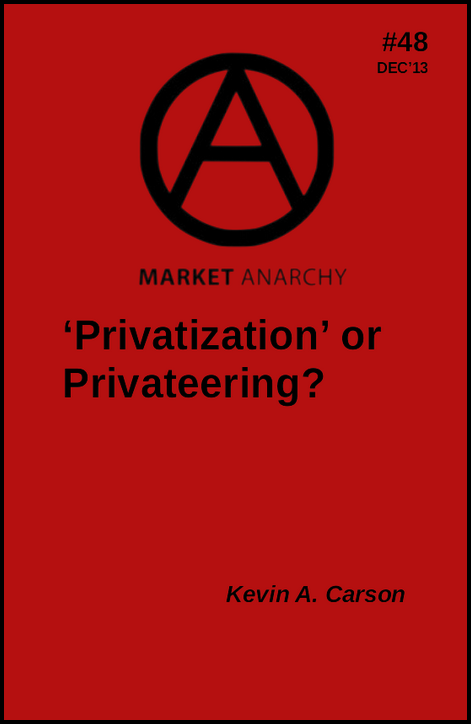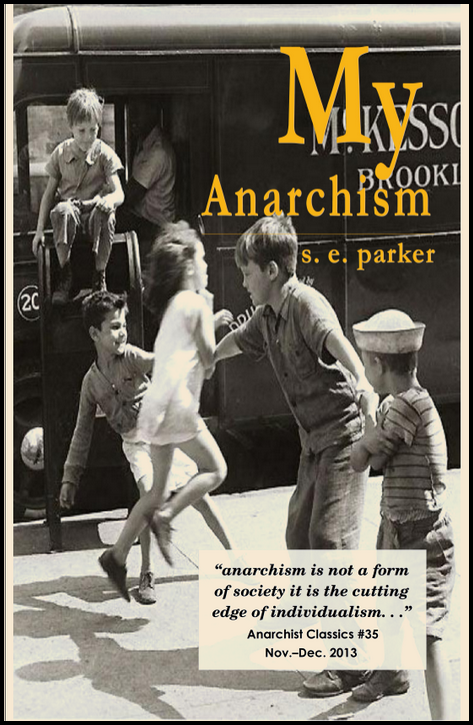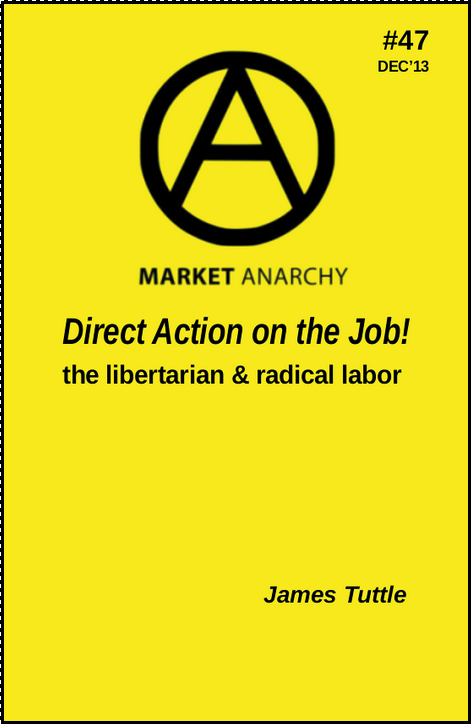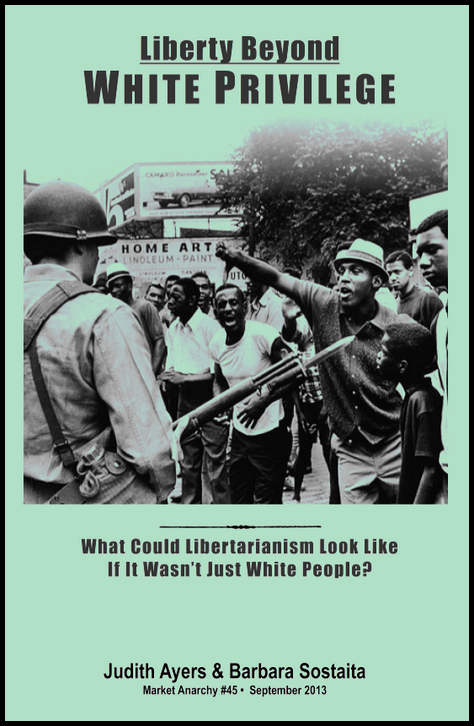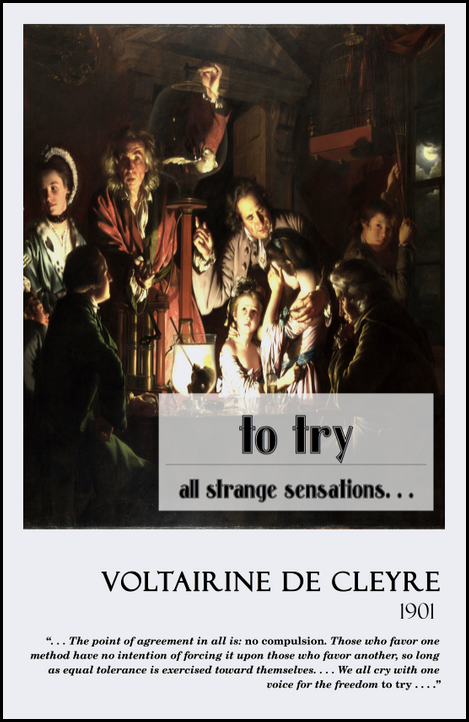C4SS has teamed up with the Distro of the Libertarian Left. The Distro produces and distribute zines and booklets on anarchism, market anarchist theory, counter-economics, and other movements for liberation. For every copy of ALL Distro’s “CAPITALISM” that you purchase through the Distro, C4SS will receive a percentage. Support C4SS with ALL Distro’s “CAPITALISM“.
$1.00 for the first copy. $0.60 for every additional copy.
Three provocative libertarian perspectives on the liberation, corporation, and the Big C.Charles Davis writes that libertarians are very confused about capitalism, and that a radical re-appraisal of the debate shows that libertarian principles should go a lot further than mainstream libertarians have been willing to take them. David S. D’Amato argues, against business reformists, that inclusive capitalism is a contradiction in terms. And while many more libertarians are beginning to wake up to the structural problems in the corporate economy, Kevin Carson points out it’s the capitalism, not the cronyism that’s at the root of the problem.
“Let’s start over. The wealthy elite are too tainted by the current system of state capitalism for us to rely on a “good” and “bad” distinction when it comes enormous wealth. No one worth more than $10 million is able to get that much money without systemic state violence. There is no reason they should get a head start in Liberty Land. . . . no matter what one replaces it with, dismantling an unjust system requires addressing the injustices that system created. If you don’t, then your idea of “freedom” will be attacked as the freedom to be exploited by the same people running the world today. And with good reason.” — Charles Davis.
“The political-economic reality in this country, confirmed by recent studies as well as well-nigh everything we can observe about the political process, is that big capital keeps American policymakers comfortably and securely in its pockets. And, sad to say, an ‘inclusive’ kind of capitalism — oxymoron that it is — is not and never has been the order of the day. . . . In conditions of economic freedom — meaning circumstances in which land and opportunities are no coercively monopolized — labor would simply enjoy far more bargaining power, able to maintain self-sufficiency apart from the Big Business economy. Indeed, the way to fabricate a system wherein the vast majority of individuals are inclined to work for a pittance of a wage at huge, faceless organization is to use the power of legal and regulatory authority to foreclose other options. . . .” — David S. D’Amato.
“Conservatives & rightwing libertarians drastically underestimate the extent to which state intervention has been structurally central to capitalism as a historical system since its very beginnings. The enclosure of open fields for sheep pasture in late medieval and early modern times, the Parliamentary Enclosures of common woods, waste and pasture in the 18th century, the colonial enclosure of land in the Third World and eviction of native cultivators, the engrossment of Third World mines and mineral resources, the enslavement of nonwhite populations – nothing remotely resembling the contemporary concentration of economic power and wealth, or the model of corporate capitalism most people think of as ‘normal’ . . .” — Kevin Carson.
“Libertarians Are Very Confused About Capitalism” was written by Charles Davis and published in November 2013 by the online magazine Salon.com. Charles Davis is a radical columnist, producer and researcher in Los Angeles, California. His work regularly appears in publications such as VICE, Salon, AlterNet, and Al Jazeera English. He keeps a website at charliedavis.blogspot.com.





